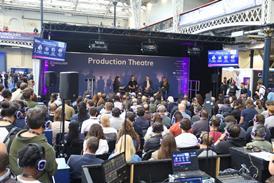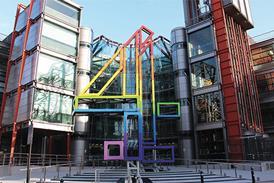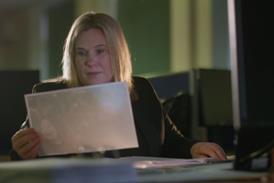The future of radio mics - used in live events, studio shows and reality TV - is thought to be under threat due to new proposals from Ofcom. As part of its Digital Dividend review, published last December, the media regulator is considering auctioning off part of the analogue spectrum that systems operate on.
The British Entertainment Industry Radio Group (Beirg), whose members include freelance sound engineers and broadcast kit suppliers, argues that the diverse number of small companies which make up the entertainment industry would not be able to compete if a telecoms giant made a bid for the spectrum.
Beirg claims to have documents that prove both Dell and Vodafone are interested in taking part in the auction, set to take place in September 2008.
The organisation hosted an open meeting in London this week at which representatives from the BBC, BSkyB and ITV were urged to write to their MPs about the issue.
Former Conservative MP and Beirg political lobbyist Jonathan Sayeed said that Beirg is currently preparing a response to the review before the consultation period ends on 20 March.
Beirg representative Alan March added that shows such as Big Brotherwould be impossible to produce without access to this part of the spectrum. He said: 'That show is entirely dependent on housemates using wireless microphones.'
Bectu official Tony Norton added that the broadcasting union was taking the campaign 'very seriously' and has sent out a letter to all its members urging them to lobby their MPs.
Ofcom argues that putting spectrum on the open market is the only way to make sure it is used to its full potential. 'Professional entertainment companies using this spectrum are doing so practically free of charge. We want - these users [to] pay the full market rate for the spectrum they are using,' an Ofcom spokesman said.





























No comments yet